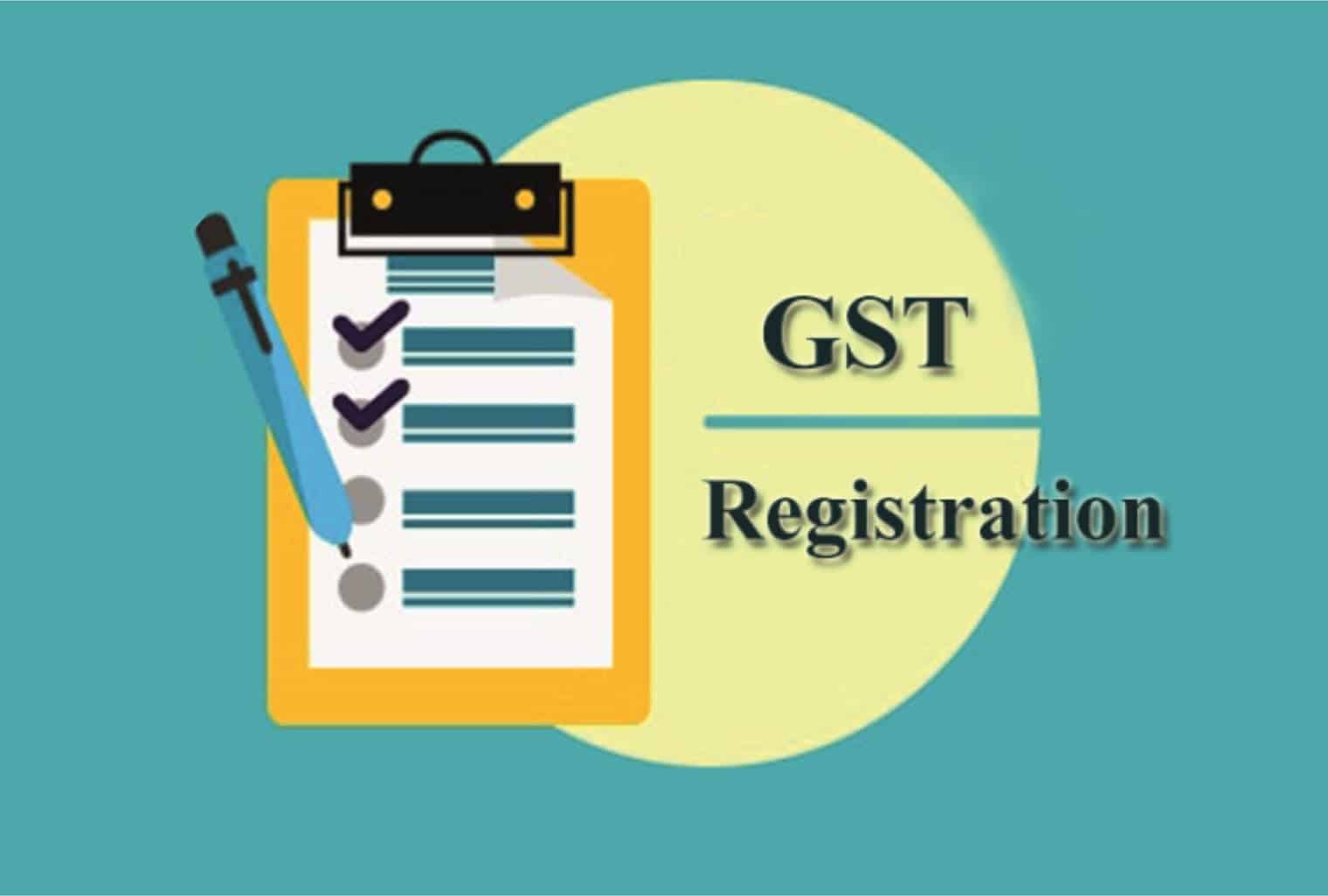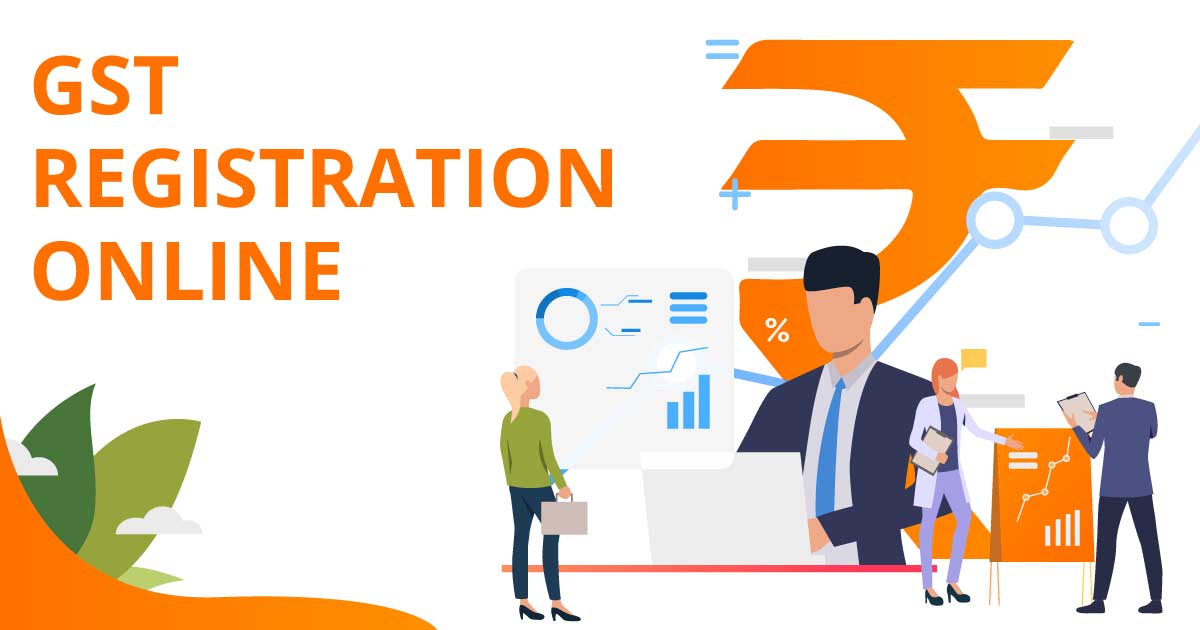How to Locate the Best GST Registration Services in Singapore Rapidly
How to Locate the Best GST Registration Services in Singapore Rapidly
Blog Article
Throughout: The Ultimate Roadmap to GST Registration for Services Looking For Financial Security
Browsing the intricacies of Item and Solutions Tax (GST) enrollment is an essential action for companies aiming for financial stability. Breaking down the roadmap into convenient steps can simplify the enrollment trip for businesses looking to boost their economic standing.
Understanding GST Essentials
Looking into the essential concepts of Item and Solutions Tax (GST) is necessary for gaining a thorough understanding of its implications on businesses and the economy. GST is a value-added tax levied on a lot of goods and services for domestic consumption. It has actually changed several indirect tax obligations that existed in the pre-GST period, enhancing the tax obligation framework and improving convenience of doing service in India. Under the GST system, both services and items are tired at a specific price, which is figured out based on their category. If their annual turn over exceeds the threshold restriction established by the government, companies are called for to register for GST. Input Tax Obligation Credit Score (ITC) is a significant function of GST, permitting companies to assert credit for tax obligations paid on inputs, lowering the overall tax problem. Recognizing the essentials of GST is important for organizations to abide with tax obligation guidelines, handle their financial resources efficiently, and add to the nation's financial growth by joining a clear tax obligation system.
Eligibility Criteria for Enrollment
To sign up for GST, organizations have to fulfill certain eligibility requirements developed by the government. The main qualification need is that any kind of organization entailed in the supply of products or services with an annual accumulation turnover over the threshold limit established by the authorities should sign up for GST. Since the existing regulations, the threshold limit for GST enrollment is a yearly aggregate turn over of 40 lakhs for companies running within a state, with the exception of unique classification states where the limitation is 20 lakhs. Furthermore, particular services are called for to sign up for GST regardless of their turn over, such as interstate distributors, informal taxable persons, and organizations reliant pay tax obligation under the reverse fee mechanism. It is important for businesses to thoroughly examine their turn over and purchase kinds to determine their GST enrollment commitments properly. Failing to sign up for GST when eligible can cause fines and lawful effects, making it essential for services to abide by the specified qualification requirements.
Documents Needed for Registration
Having actually met the qualification criteria for GST enrollment, companies should currently ensure they have the requisite documents in location to wage the registration procedure efficiently. The records required for GST enrollment typically include evidence of company constitution, such as partnership act, registration certification, or consolidation certificate for various kinds of services. Furthermore, services need to give files developing the principal location of business, such as a rental arrangement or electrical energy expense. PAN card of business, along with the identity and address evidence of promoters/partners/directors, are vital for verification purposes. Checking account declarations, in addition to canceled cheques or a copy of the bank passbook, are needed to verify the monetary details provided throughout enrollment. Businesses should have digital signatures prepared for visit here the authorized notary. Guaranteeing all these documents are arranged and easily available will certainly accelerate the GST enrollment procedure, enabling organizations to abide by tax obligation laws effortlessly.
Step-by-Step Registration Process
Commencing the GST registration process entails a collection of structured steps to ensure a certified and smooth registration for organizations. The primary step is to go to the GST site and fill in the registration type with exact information of the service entity. Following this, the applicant obtains a Short-lived Recommendation Number (TRN) which is utilized to return to the application process if it's not completed in one go.
Next, all called for files as per the list given by the GST portal requirement to be uploaded. These papers normally include evidence of business identification, registration and address proofs of marketers, financial statements, and company entity's PAN card.

Post-Registration Conformity Standards

Final Thought
In conclusion, services seeking economic security should understand the basics of GST, meet eligibility standards, gather needed files, follow the detailed enrollment procedure, and comply with post-registration standards - Best GST registration services in Singapore. By adhering to these steps, businesses can make certain conformity with tax laws and keep monetary security in the long run
Furthermore, specific organizations are needed to sign up for GST irrespective of their turnover, such as interstate vendors, informal taxable individuals, and companies responsible to pay tax obligation under the reverse cost device.Having fulfilled the qualification requirements for GST registration, services have to now ensure they have the requisite papers in area to proceed with the enrollment process effectively. The documents required for GST enrollment typically include proof of pop over to this web-site service constitution, such as collaboration deed, registration certificate, or consolidation certificate for different kinds of services. Furthermore, businesses require to offer papers establishing the principal area of company, such as a rental arrangement or electrical energy expense.Commencing the GST registration process involves a series of organized actions to make certain a smooth and compliant enrollment for businesses.
Report this page